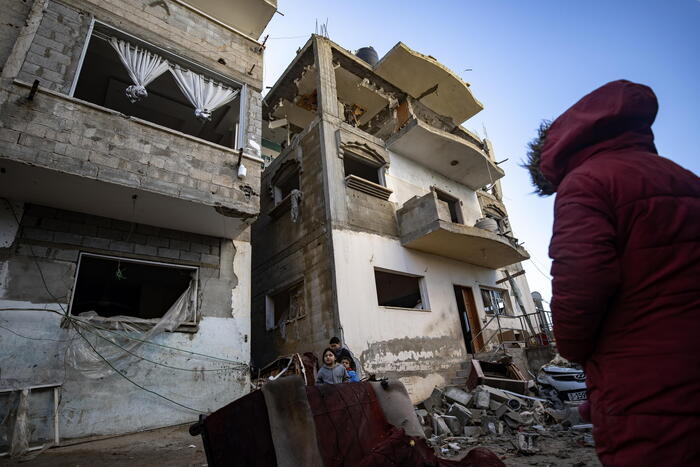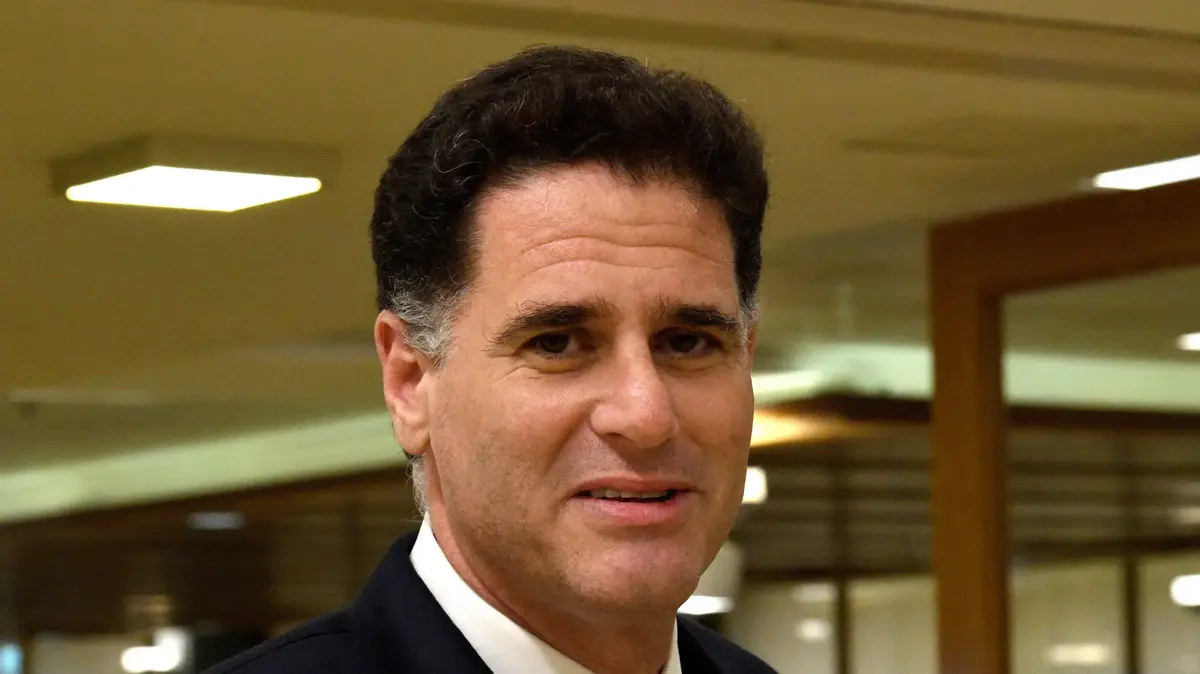Were it not for the return of Syrian leader Bashar Assad to the bosom of the Arab world, it is doubtful that anyone would have bothered to take an interest in the 32nd Arab League meeting held last Friday, a body that excels mainly in issuing declarative statements and holding official meetings for the record. The fact that the meeting was held this time in Jeddah, Saudi Arabia, led by the host, Crown Prince Mohammed bin Salman, also gave special importance to the event and increased the political and media attention surrounding it.
While Mahmoud Abbas was fingered in Ramallah, the PA chairman received a warm welcome and his speech received a place of honor in the "Arab family of nations." He himself hoped that Mohammed bin Salman would not disappoint, and indeed it did. The Saudi crown prince placed the Palestinian issue at the center of the conference table and said what Abbas had been waiting to hear.
"The Palestinian issue remains the central issue, and a top priority in our foreign policy. We will not delay in supporting the Palestinian people in reclaiming their lands and rights, and in establishing an independent Palestinian state with sovereignty within the '67 borders with East Jerusalem as its capital, in accordance with UN resolutions and the Arab Peace Initiative," bin Salman said.
Mahmoud Abbas lands in Jeddah ahead of the Arab League summit, Photo: Saudi Press Agency/Handout via REUTERS
The thaw in relations under the auspices of distancing itself from the Americans and the right-wing government
This is exactly what Abu Mazen was striving for; Reaffirm, verbally and in writing, the 2002 Arab Peace Initiative, which states that the Arab states will establish peace with Israel only after a full withdrawal to the 67 lines and the establishment of a Palestinian state. These statements were preceded by preparatory talks, and the PA chairman himself raised this request with bin Salman during his last visit to the kingdom about a month ago. That meeting came after two particularly tense years between Ramallah and Riyadh, a period that was even dubbed bin Salman's "quiet boycott" of Abbas.
Relations cooled considerably against the backdrop of the Abraham Accords, and even before that the Trump deal and the former US president's moves in the region. Bin Salman thought that the Palestinians should be involved and flexible, and Abbas rejected this approach out of hand and expressed total rejection of the process. The young Saudi leader was fed up with "not the Palestinian" and for months refrained from accepting Abbas in Riyadh, despite requests from Ramallah. He even ordered the end of the $25 million monthly aid to the PA.
Mahmoud Abbas and bin Salman at the reception at the summit, photo: EPA/BANDAR ALJALOUD /
Mahmoud Abbas' recent visits to Saudi Arabia mark an improvement in relations with the kingdom. In the meantime, some of the economic aid transferred to the Palestinians has also been renewed, but the situation has not yet returned to normal. Palestinian sources say it was important for the PA chairman to repair his relationship with Saudi Arabia, a player that is establishing itself as a rising regional power. However, they say, bin Salman's warm statements at the summit on the Palestinian issue do not necessarily indicate total support for the Palestinian Authority and its leaders.
"Bin Salman has so far been preoccupied with domestic affairs and consolidating his position within Saudi Arabia. Now he's free to look outside, to the area, and see what he can gain. He supports the Palestinian cause and the Palestinian people, but much of it is motivated by interests," a Palestinian source explained. "He wants to know what he will get out of it in the future and how Abu Mazen can benefit him. Contact with the Saudis has been renewed, which is important, but we have to see how Saudi Arabia translates its statements into action," he said.
The source noted that "the Saudis will not be able to afford full relations with Israel as long as there is an extreme right-wing government whose members go to Al-Aqsa and provoke Muslim feelings. The Israeli government and its policies, the changes that have taken place in the region, and the behavior of the United States have pushed Saudi Arabia to repair its relationship with Abu Mazen."
He added that Mohammed bin Salman sees the summit as an opportunity to demonstrate leadership and lead regional moves. "The Palestinian issue is one of the keys you can use to gain legitimacy for political leadership. Saudi Arabia reserves the Palestinian issue as an important card. Any country that wants influence in the Middle East and sees itself as a regional power must address the Palestinian issue and Jerusalem. Let alone Saudi Arabia, the guardian of the holy places."
Mahmoud Abbas at the Arab summit, photo: Saudi Press Agency via AP
Either way, Ramallah is pleased with the extensive support they received during the conference. They see the statement that concluded the conference as a vote of confidence in the Palestinian issue and a diplomatic victory that signals to the Israeli government that Saudi Arabia and the Arab states are not moving toward normalizing relations with Israel. For the Palestinians, it is also a message to the US administration, which is reportedly working to pressure the Saudis to move in this direction.
Wrong? We'll fix it! If you find a mistake in the article, please share with us

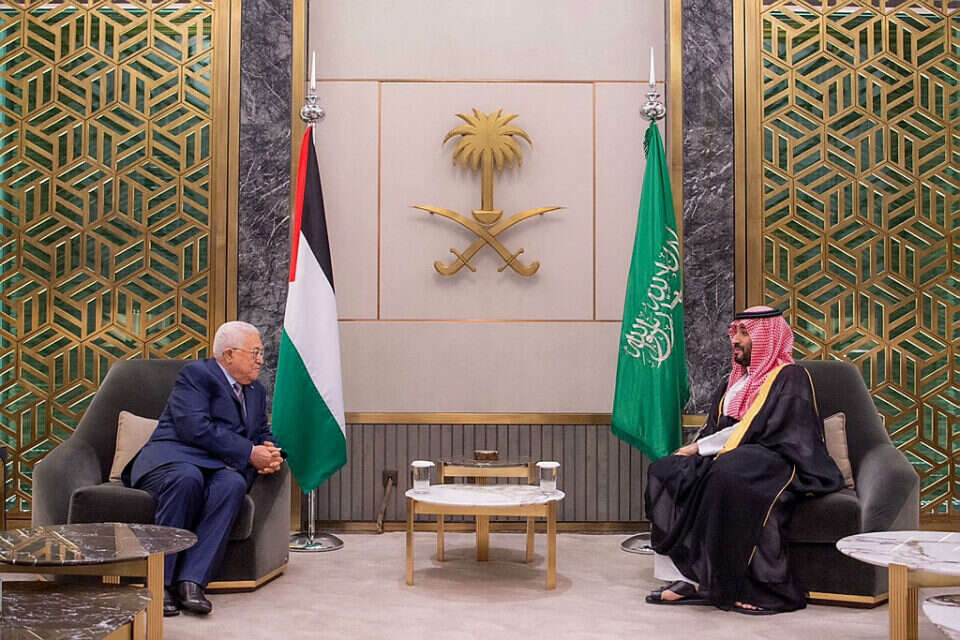
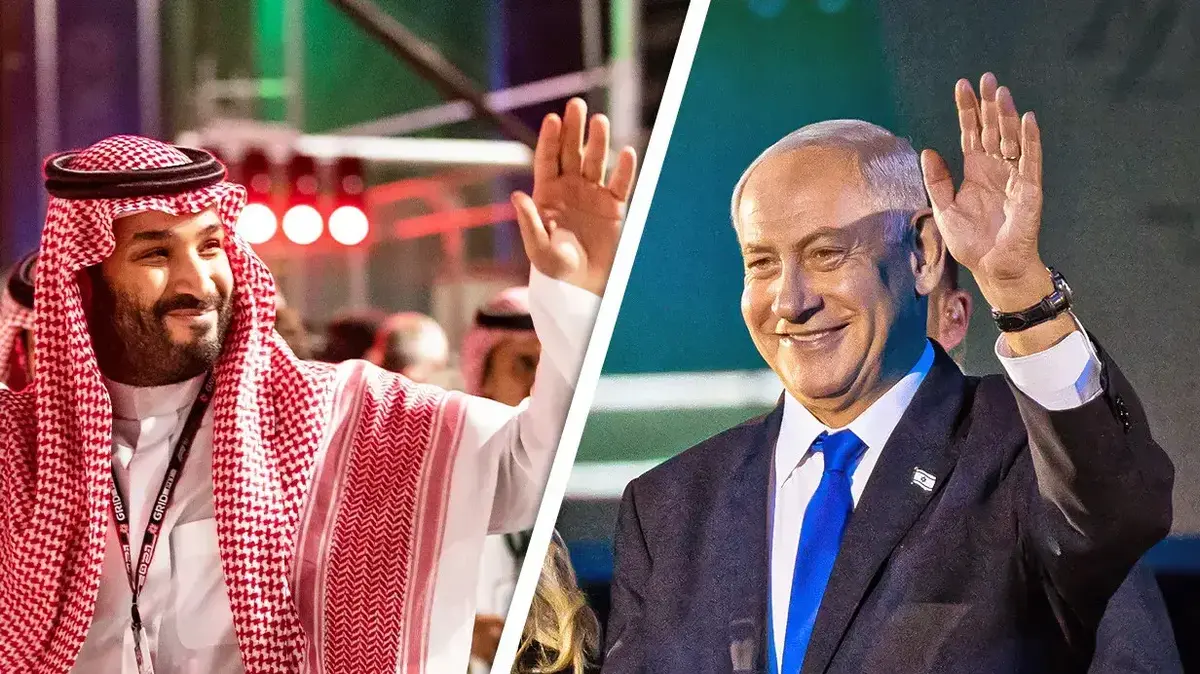
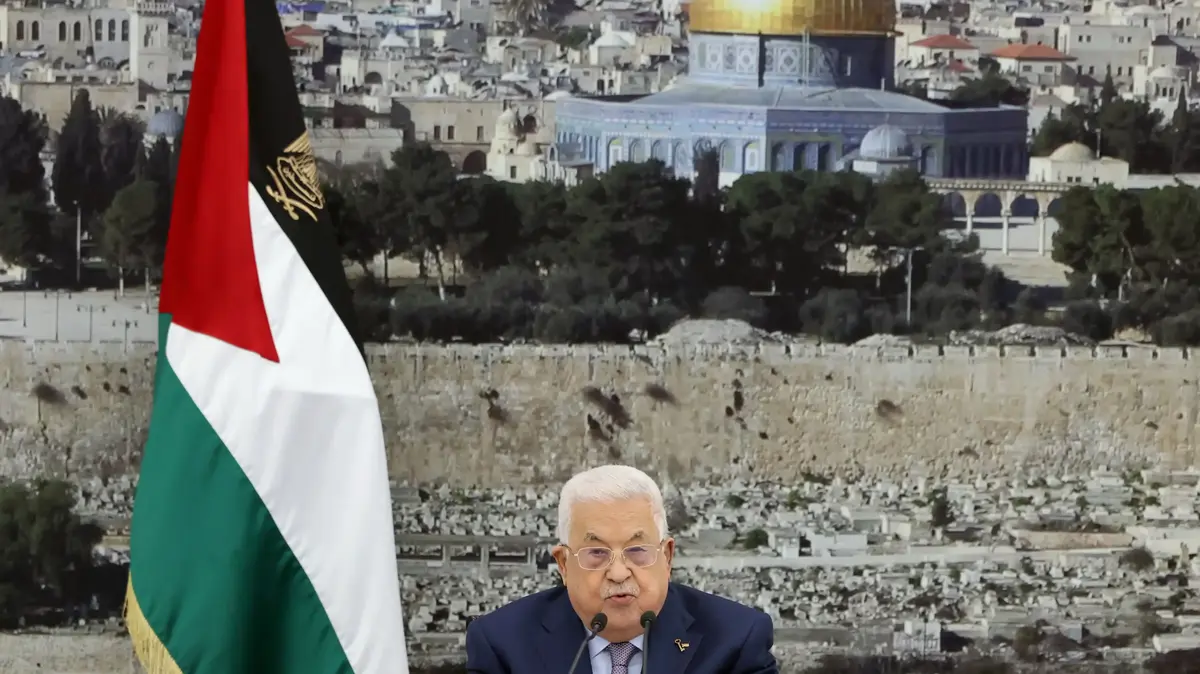

/cloudfront-eu-central-1.images.arcpublishing.com/prisa/ER55CZSSCOVFDMLMWIKV76FFSQ.jpg)
